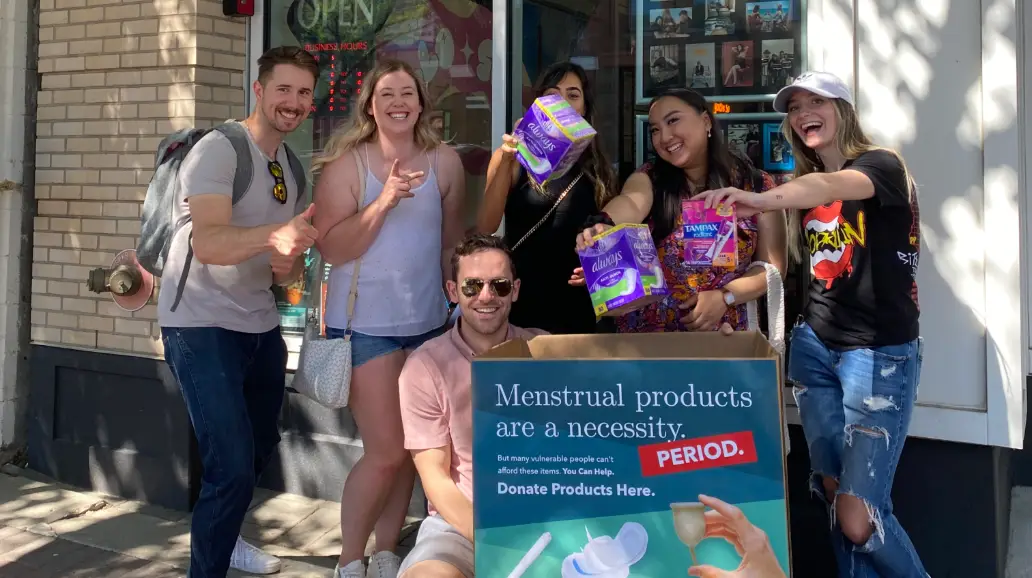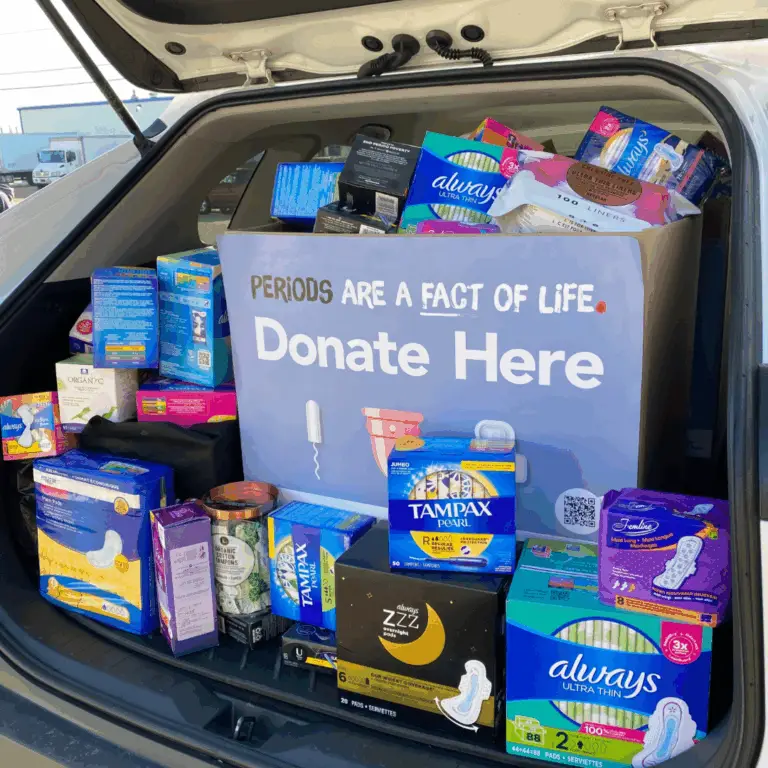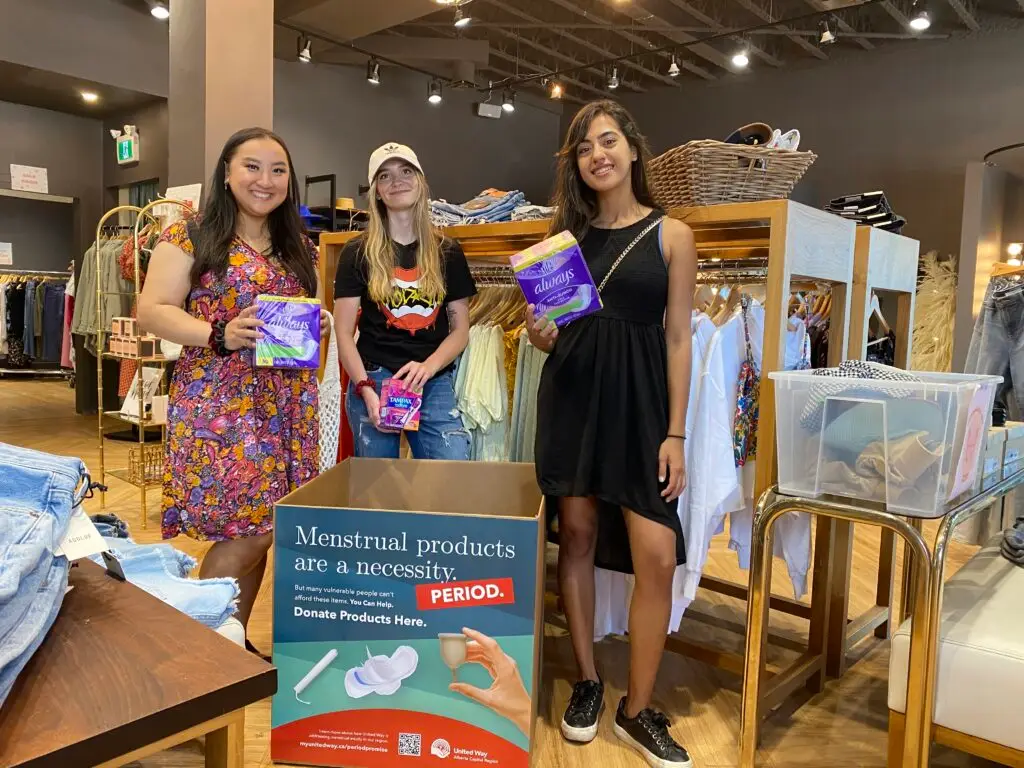May 21, 2025

Language note: We’re using ‘man’ or ‘men’ throughout this article to describe anyone who hasn’t personally experienced menstruation. But we acknowledge that this term lacks some nuance and may not describe everyone’s experience or gender identity.
May is Menstrual Health Awareness Month – a time to talk openly, learn boldly, and build understanding around something that half the world experiences: menstruation.
Why does this matter?
Because menstruation is not just a biological function. It’s a sign of health. A part of life. A reality that too often carries stigma, silence, or shame. By talking about it openly and supporting those who experience it, we help create a more informed, inclusive, and compassionate community.
And if you’re a man wondering what this has to do with you – the answer is: a lot.
We all have people in our lives who menstruate — our partners, friends, coworkers, siblings, children. And not all of them are women: trans men and non-binary people may menstruate too. Yet, for generations, many of us were taught to treat periods as taboo. Something shameful. Something to avoid.
That silence hasn’t helped anyone.
Menstruation should be talked about in the open. Because when we talk, we break down stigma. When we understand, we grow empathy. And when we act, we create lasting change.
Menstruation is part of how the human body works. When men take the time to understand how periods work, what people who menstruate experience, and the systemic barriers that impact menstrual health, it creates space for more respectful and compassionate conversations.
Try to:
If you’re a dad, uncle, coach, or teacher, the way you speak about periods can leave a lasting impression. Normalize it. Be the guy who offers to pick up tampons without flinching. Talk about periods the way you’d talk about anything else related to health and well-being, with openness and respect.
Try to:
Periods are part of a life-giving biological cycle and a symbol of strength and resilience. But the truth is, periods can be uncomfortable, and for some, they can be debilitating.
While many carry on with school, work, caregiving, and community life through cramps, fatigue, or discomfort, others may have to miss those very activities due to severe pain or lack of access to menstrual products. That reality deserves recognition, not silence.
Supporting menstrual health is about honouring all experiences with menstruation, including those impacted by conditions like endometriosis or PCOS. It’s not about “toughing it out.” It’s about empathy, access, and support.
Try to:

Not everyone experiences menstruation equally or equitably. Period poverty is a very real issue, and it’s closer to home than many realize. Nearly one in four people who menstruate in Canada say they’ve struggled to afford menstrual products for themselves or their children.
The cost of products is just one barrier. Trans and non-binary people often face additional challenges, like feeling unsafe or stigmatized when accessing products, or finding they aren’t available in washrooms that match their gender identity.
United Way’s Period Promise initiative is helping ensure that period products are available, free, and stigma-free across schools, organizations, and frontline agencies.
You can help by:
“As a champion for wellbeing for Albertans, Alberta Blue Cross is proud to sponsor the Period Promise campaign to support equitable access to menstrual health products,” says Brian Geislinger, Senior Vice-President of Corporate Relations and Community Engagement with Alberta Blue Cross.
“And as a husband and dad to three daughters, I’m also proud to be talking openly about menstruation because it’s important that as males we recognize our role in destigmatizing the conversation around menstrual health.”
Menstrual Health Awareness Month is a great time to start, but this work should continue all year. Keep learning. Keep talking. Keep showing up for the people in your life who menstruate. Your voice matters more than you might think.
Try to:

Let’s normalize the conversation. Let’s show up with empathy. And let’s make sure that every person who menstruates feels seen, respected, and supported.
Learn More